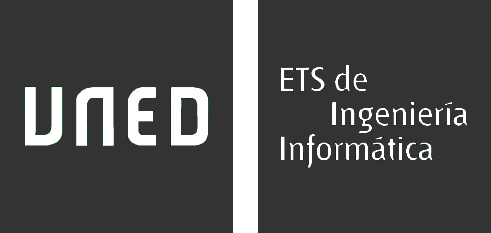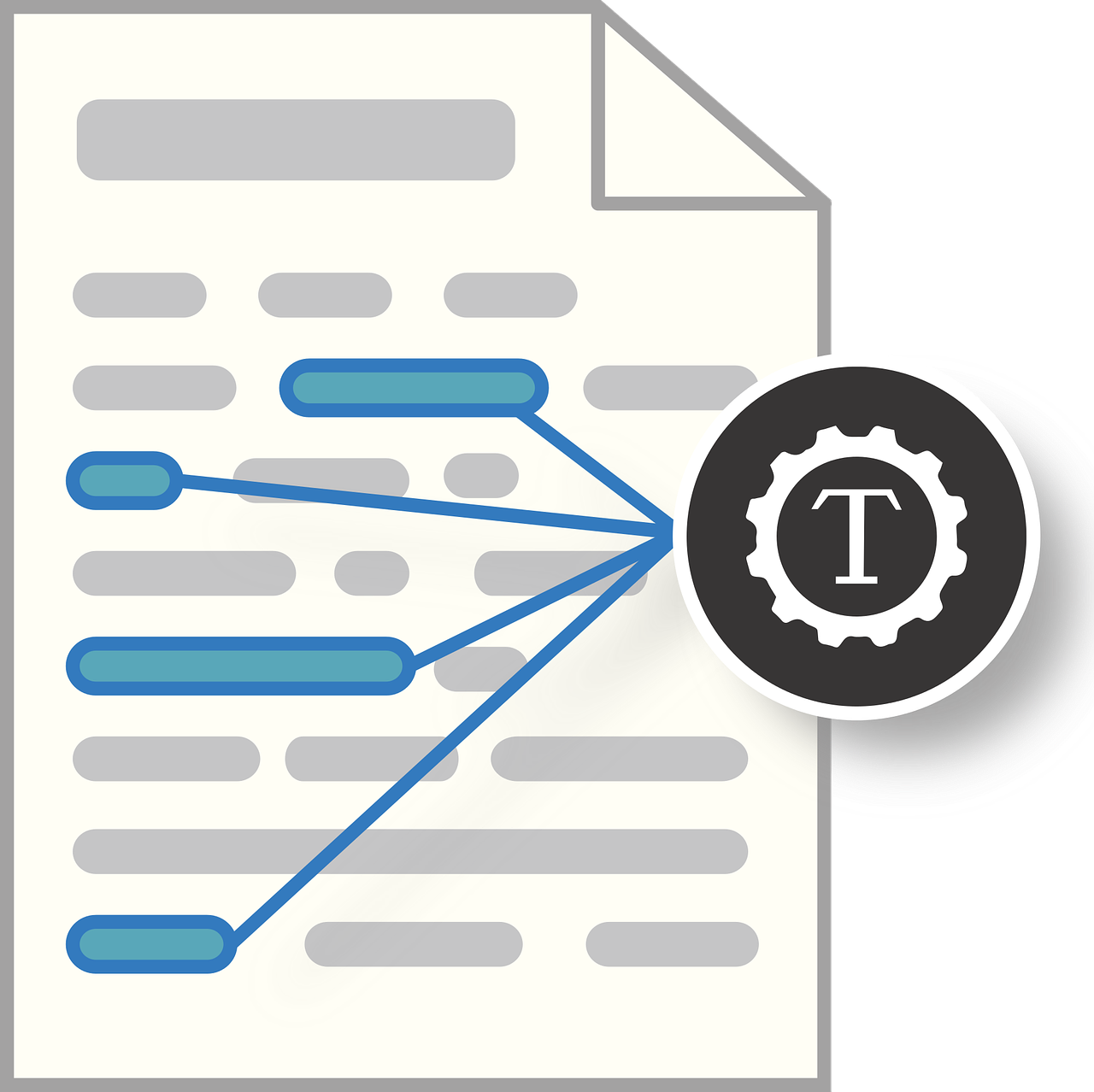
Master Universitario en Tecnologías del Lenguaje
Master oficial, antiguo Máster Universitario en Lenguajes y Sistemas Informáticos
What are Human-Language Technologies?
We use Language Technologies to refer to the computational tools that can be used to effectively process human or natural language. It emerged as a subfield of Artificial Intelligence, with the aim of enabling computers to process textual content and to facilitate interaction with users by leveraging human language (Natural Language Processing). It is indeed a field with a strong interdisciplinary nature, where disciplines such as computer science, logic, maths, cognitive psychology and linguistics play an important role.
The use of Language Technologies has become commonplace nowadays, provided that they are used in numerous applications including Search engines, Machine Translation tools, Recommender Systems and Chatbots. Companies are also making use of these technologies to personalise ads for specific users, for monitoring the reputation of individuals and companies based on contents retrieved from the Web and social media.
It is hence an interdisciplinary area where advanced computational skills coupled with a strong background in statistical models and machine learning are highly valuable. The aim of this MSc degree is to provide the student with the required skills as well as to provide guidance on the application of these skills.

Why should I choose to study this MSc on Human-Language Technologies?
All large IT companies who work with web and social media content require staff trained on Human-Language Technologies. Not only this is the case for the best-known companies that are in the news on a daily basis (e.g. Google, Facebook, Twitter, Amazon) but also for other companies in a wide range of sectors such as tourism, medicine, banks, patents, advertisement, online reputation management. All these companies need to scale up to processing large collections of texts, which necessitates the assistance of automated computational tools where human labour becomes cumbersome and unfeasible.
Expertise in Language Technologies is a sought after set of skills in today's job market. Likewise, this expertise is invaluable for positions associated with research and development of products. Given the dearth of professionals in the area, it is a skilset that companies offer competitive salaries for and are very keen to hire.
The MSc in Human-Language Technologies at UNED is a challenging degree, focused on research and which includes a substantial MSc dissertation (750 hours) under the supervision of a lecturer. It is a unique opportunity to strengthen your professional career. We will help and we will guide you, but you should be aware that it is you who will ultimately commit to do the hard work that will ensure the success of your work. And, if after that, you are still interested in furthering your achievements and ramping up your skills, at the end of the MSc degree you will be suitably trained to undertake our PhD Programme on Intelligent Systems
What are the learning outcomes of this MSc degree?
The MSc degree on Human-Language Technologies we offer at UNED is an official degree that gives you the flexibility to be completed at your convenience.
All the modules are optional and, along with the MSC dissertation, they are organised in four different categories: Fundamentals of Natural Language Processing, Machine Learning, Information Extraction and Information Retrieval.
The degree is composed of 60 CATs, of which 30 CATs belong to the MSC dissertation and the other 30 belong to 5 modules of your choice.
Given that the MSc degree is 100% online, you are free to choose your preferred schedule and pace for your studies.
Guía del Master
Lecturers and professors
The teaching staff of this MSc degree comprises an experienced team of lecturers and professors with a strong teaching and research background in the field, with substantial experience in prestigious international initiatives. This includes securing funding from and participating in competitive research projects funded by the European Union, as well as publications in top tier conferences and journals in the field.
Master's degree dissertations
A significant part of the MSc degree consists in carrying out a research project that will be presented as the MSc dissertation. Your will work together with a lecturer in this dissertation, who will guide you as your supervisor. There is a wide range of topics that you can choose to pursue in your dissertation, which will provide you with the skills to develop an innovative and challenging research outcome within the area of Human-Language Technologies.
Research groups
The following research groups support our master's degree in Human-Language Technologies:
UNED NLP & IR Group
Natural Language Processing and Information Retrieval Research Group
Research group at UNED focusing on the development and application of Natural Language Processing techniques to a wide range of genres including the Web, social media, medical records, sentiment analysis, online reputation, information extraction and retrieval.
CISIAD
Centre for Research on Intelligent Decision Support Systems
The objective of CISIAD is to research new probabilistic graphical models (PGMs) and their applications in decision-making and diagnosis, particularly within the context of health and medical records.
More information and enrollment
You will find more information here:
Máster Universitario en Tecnologías del Lenguaje
Registration and Enrollment
Pre-registration period open from May 22 to July 9, 2025
And contact us via e-mail: